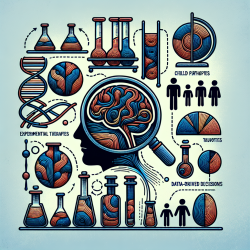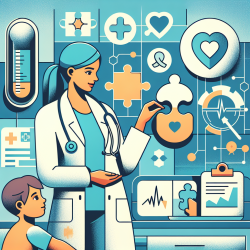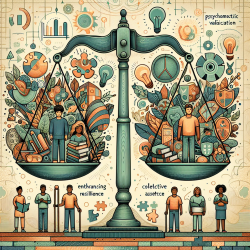Introduction: The Power of Language in Healthcare
In the realm of healthcare, language serves as a fundamental tool not only for communication but also for ethical decision-making. The research article titled "The Language of Medicine and Bioethics" delves into the intricate ways language functions within healthcare interactions and bioethical discussions. As practitioners, understanding these dynamics can significantly enhance our ability to provide care and make informed ethical decisions.
Key Insights from the Research
The research highlights several critical aspects of language in healthcare:
- Communication in Healthcare: Language is pivotal in the interactions between healthcare providers and receivers. It is through linguistic means that concerns, complaints, recommendations, and reassurances are conveyed. Understanding how language expresses different kinds of knowledge and values is crucial for effective communication.
- Ethical Language: Terms such as 'autonomy' and 'dignity' are frequently used in bioethics but are often subject to varied interpretations. The research underscores the importance of clarifying these concepts to ensure they are applied appropriately in both academic and public policy contexts.
- Autonomy in Chronic and Acute Care: The autonomy of patients, particularly in chronic illness, is a recurring theme. Responsive relationships and shared responsibility are essential. In acute care, especially in cases like parental living kidney donation, the concept of autonomy becomes complex, as the moral imperative to prioritize a child's needs challenges the notion of free choice.
- Justice and Resource Allocation: The allocation of healthcare resources should consider indirect, non-health effects, such as societal quality of life and workforce productivity. These factors are intertwined with health needs and should be accounted for in resource distribution decisions.
Practical Applications for Practitioners
For practitioners, integrating these insights into daily practice can lead to improved outcomes:
- Enhance Communication Skills: Practitioners should focus on refining their language skills to ensure clear and effective communication with patients. This involves not only verbal communication but also understanding the nuances of body language and non-verbal cues.
- Engage in Ethical Discussions: By actively participating in discussions about ethical principles like autonomy and dignity, practitioners can better navigate complex situations and make informed decisions that respect patient rights and needs.
- Consider Broader Impacts: When making decisions about resource allocation, consider the broader societal impacts. This holistic approach can lead to more equitable and effective healthcare delivery.
Encouraging Further Research
While the research provides valuable insights, it also opens the door for further exploration. Practitioners are encouraged to delve deeper into the interplay between language, ethics, and healthcare. By doing so, they can contribute to the ongoing development of bioethical standards and improve patient care.
To read the original research paper, please follow this link: The language of medicine and bioethics.










